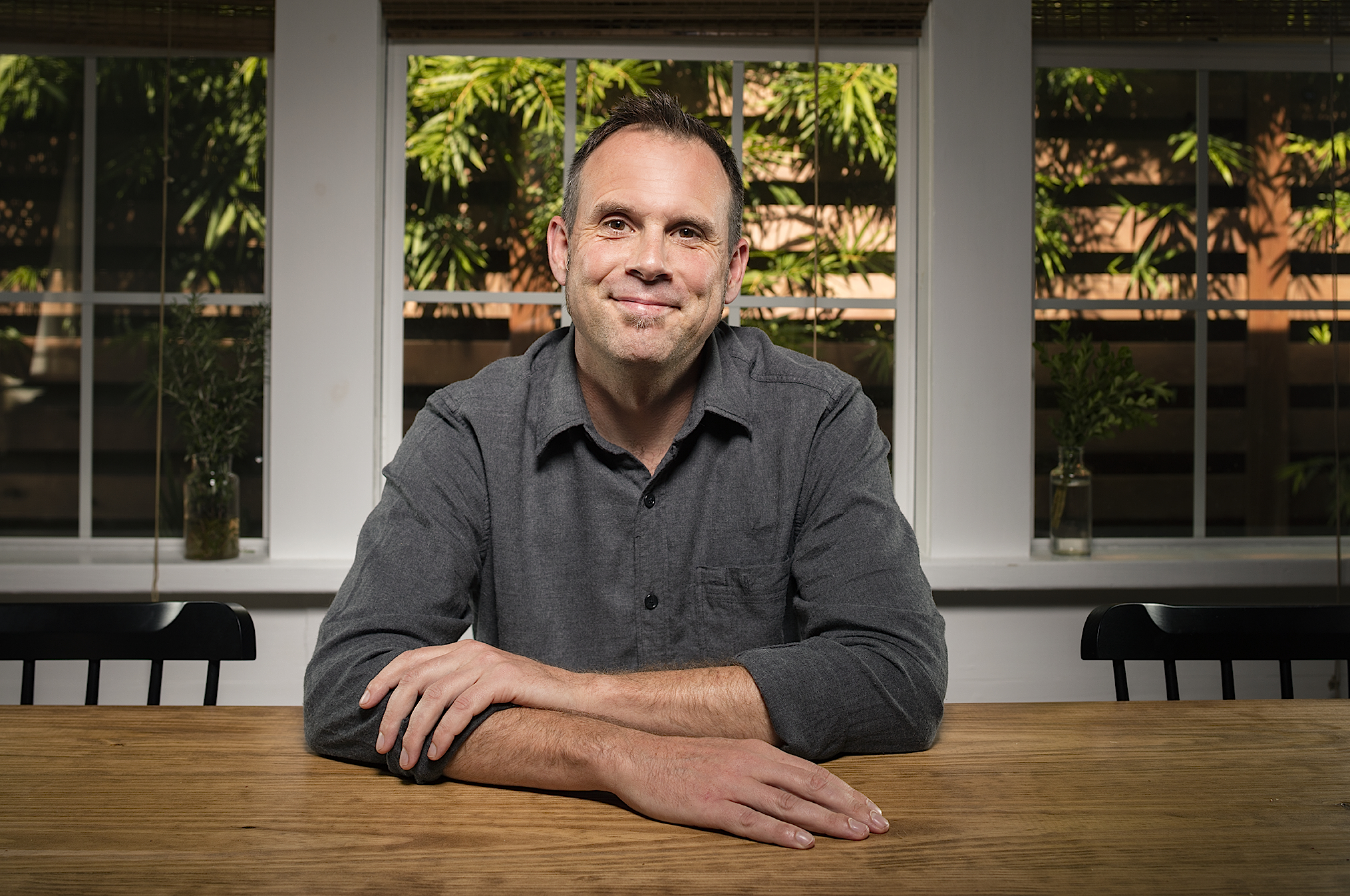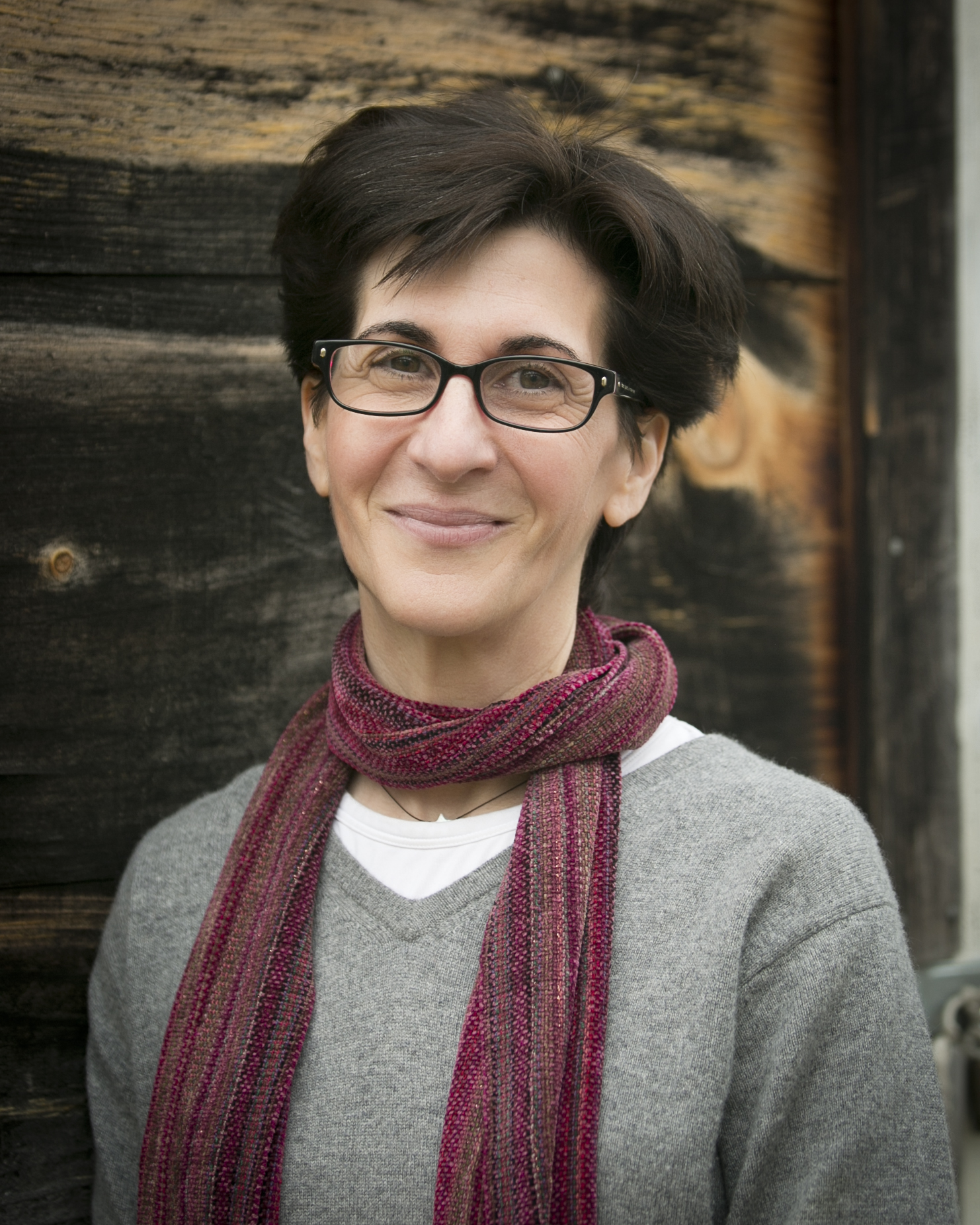FIFTY Study Page: Maryland — “The Test Oath”
FIFTY: Maryland — “The Test Oath”
Each story in the FIFTY collection focuses on a remarkable American from a different state. Below are some recommended topics to inspire further investigation of the history and geography of the state, as well as themes that can support our children’s growth and development.
America has had some strange laws in the past that have – without question – benefited some populations over others. The Maryland “Test Oath” was one of them. When Solomon Etting moved to Baltimore, Maryland, the Revolutionary War was over and he was ready to begin his life anew. He remarried, started a new business, and when the time seemed right, he considered running for office. And that was when he learned of the “Test Oath” an oath that required candidates to swear their dedication to the Christian Church before running.That was fine for Solomon’s Christian friends – but Solomon was Jewish.What to do?
Note: Though this is historical fiction and the characters have been developed to accommodate a story, their attributes and development may be useful as reference points and inspirations.
Maryland History
- Impact of religion on U.S. history, particularly in Maryland
- History of Baltimore
- Role of geography in the Revolutionary War
Maryland Geography
- Journey of Solomon Etting’s family from Pennsylvania to Maryland
“The Test Oath” Study Topics
- Study of different religious communities that have been persecuted in the U.S.
Topics for Reflection
From a Child Development Perspective:
In this story, your child might learn that:
Hope is something worth cultivating. In the darkest and most challenging times, it helps to hold onto the hope of a brighter day. This can give us the strength to carry on. For Solomon Etting, he was kept buoyant during difficult times with the support of parents and friends, and also by the promise that in America second chances were always available.
Freedom is something worth treasuring.It is a basic need for human beings to be able to express ourselves in freedom and to follow our inner voices that tell us what our truths are. Individuals like to have choice, and individuals have, in all times of history, sought for freedom of speech, belief, and religious expression. It was the desire for freedom that brought the Etting family in our story to America. This is the same story told many times over, not just in historical fiction but also in reality.
Taking risks can be worthwhile. It can be scary to move to an unknown place, but the risk is worth it, if it means that we can live in freedom. But very often once we find ourselves in a new setting, we garner the strength to bring our natural talents to the situation and to grow and to thrive. This is just what Elijah and Shinah Etting experienced when they moved to Pennsylvania. They were skillful, helpful, courageous, and hard-working, as a result, they forged relationships and started a successful business.
The one constant in life is change.When Solomon moved to America, his initial experiences were very positive. But those turned upside down during the Revolutionary War and when Solomon first learned that America may not be the land of religious freedom that he had first thought. However, things turned up again when the war was over, and business for Solomon went well. But then he learned about the Test Oath. With so many twists and turns in his life, it was hard to know what Solomon should expect — except for the unexpected!
Integrity is a precious thing. There are times in life when we cannot agree to certain requirements asked of us if they compromise our integrity. We just can’t do it. As much as Samuel Etting wanted to be a lawyer, he could not take the Test Oath which required a declaration of a belief in the Christian religion. He just could not do it.
Sometimes, the only way forward is to fight for change. There are times when we not only cannot agree to certain things when they compromise our own integrity, but we also feel so strongly about those compromises that we simply cannot stand by without trying to make a change. Not only could Samuel not abide by the Test Oath, but also he exclaimed, “We must do away with the Test Oath!“ Standing by making this change was a risk, because many agreed with what the Test Oath stood for.
Effective policy comes through listening and respect.“Politics is the art of the cause – standing for something you believe in – championing something that is so important to you, you are willing to spend years of your life fighting for it.“ Politics, or arguing both sides of an issue was required in disputing the need to make changes to the Test Oath.The dispute required careful listening, respect, and open-mindedness from all parties, from all perspectives.
Compromise is sometimes the next step forward. Sometimes when we make change, we cannot always demand getting our way, but rather, we might settle for a compromise — an agreement where varying points of view can be respected. And sometimes the changes are gradual and take time.
Patience and persistence often pays off.The change did pass — though not right away. Kennedy focused on the language of the oath, on changing the oath to be more about truth and law rather than Christian faith. The first year the Maryland legislature was unmoved and the same supporters as people in the past voted in favor – but not many more.Kennedy was surprised and discouraged to hear that those who were opposed included men who were clearly against Jewish people being leaders in the community – just because they were Jewish. The next year, luckily, more men were swayed, but the debate got even uglier and meaner. There was shouting and relationships were stretched over the bill. The third year it very nearly passed and then finally – on the fourth attempt – after a long and difficult battle – it did pass … by one vote. Jewish people could now run for office in the state of Maryland.
About the authors
-

David Sewell McCann
Story SpinnerDavid Sewell McCann fell in love with spinning stories in first grade – the day a storyteller came to his class and captured his mind and imagination. He has been engaged in storytelling all of his adult life through painting, film-making, teaching and performing. Out of his experience as a Waldorf elementary class teacher and parent, he has developed a four step method of intuitive storytelling, which he now shares through workshops and through this website.
-

Meredith Markow
Sparkle Schoolhouse Head of SchoolMeredith has been working with adults and children of all ages for the past 25 years as a Waldorf Teacher and Educational Consultant. She received a B.A. with a focus on child development and child psychology from the University of Michigan, in 1984, an M.A. Ed from Washington University in 1987, and her Waldorf Teaching Certificate from the Lehrerausbildung (Teacher Training) in Nurnberg, Germany in 1989. She was certified as a Living Inquiries Facilitator in 2014, and she completed her formal teaching certification with The Enneagram Institute in 2014. Her work in the classroom and with individuals and groups is designed to help people of all ages to drop self-limiting beliefs to live a more joyful and compassionate life.




